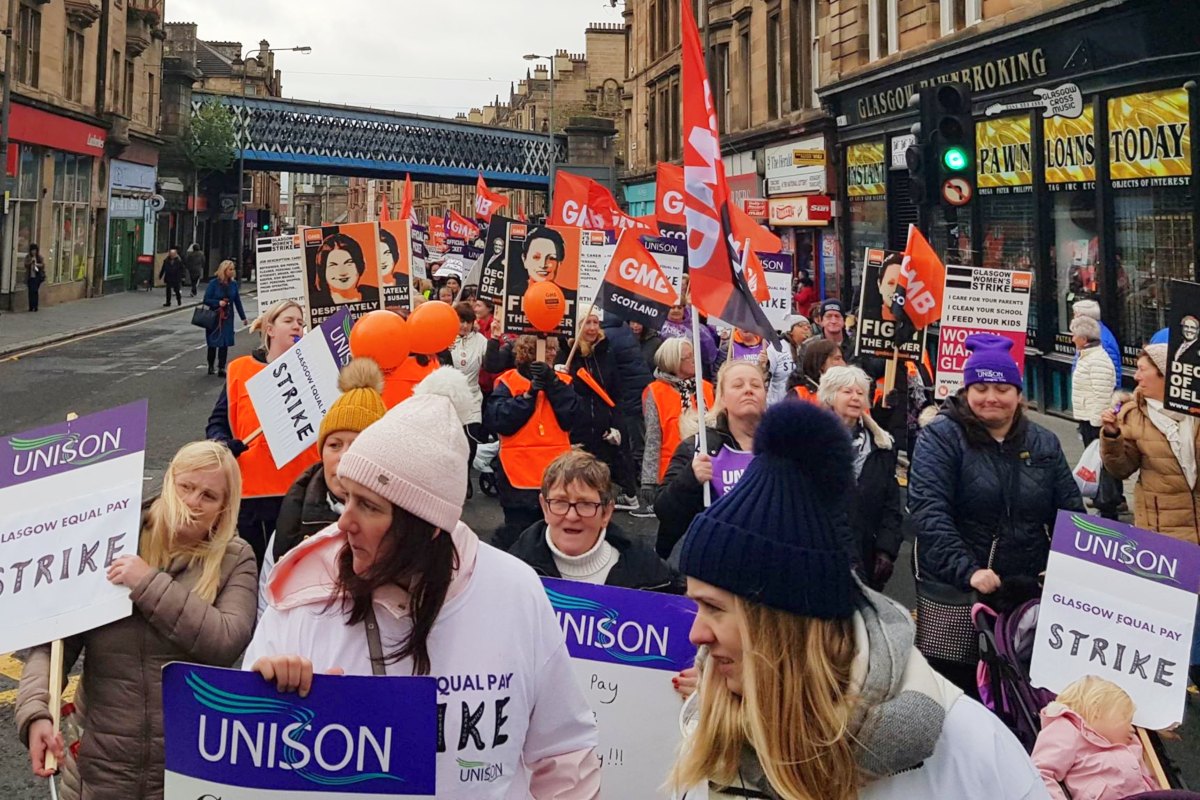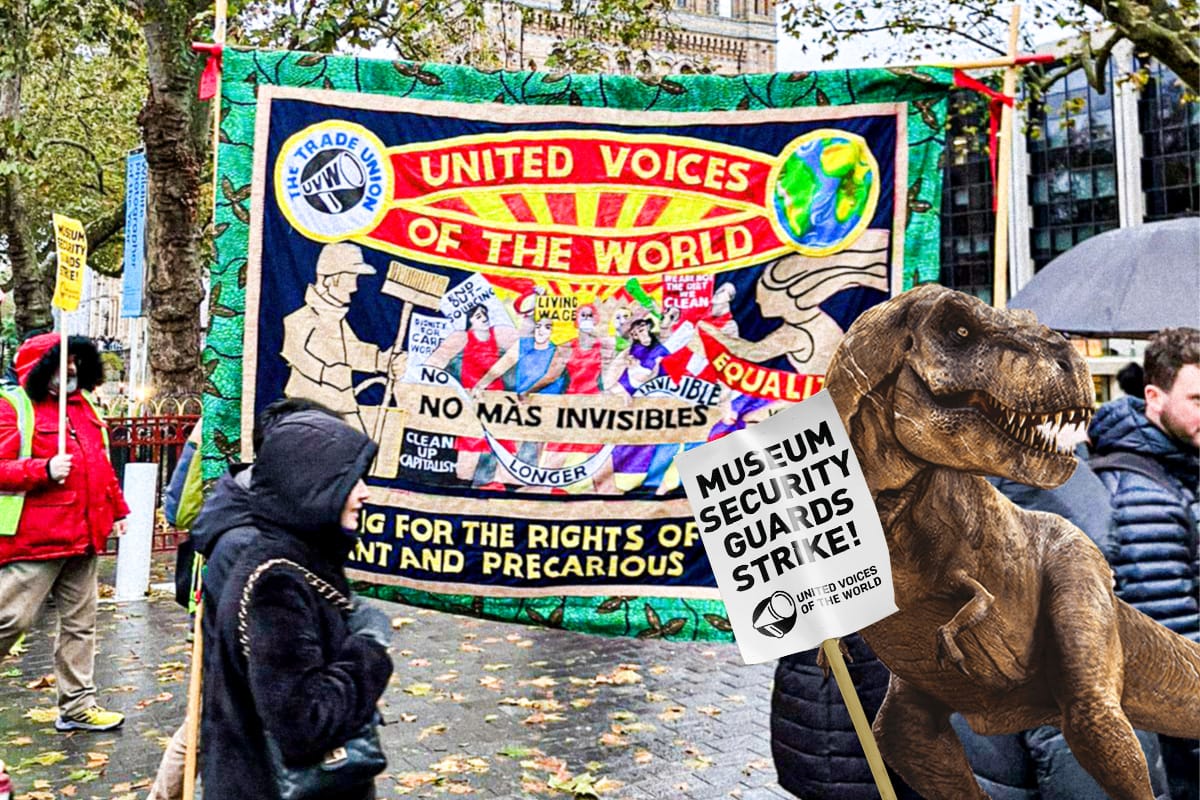Women workers at Asda and other major supermarkets are fighting for equal pay in court. This should be backed up by union organisation and militant action.
Earlier this month, a landmark ruling was made in the long-running Asda equal pay battle. The Court of Appeal ruling stated that Asda’s lower paid and mainly female shop floor staff can compare themselves to higher paid and mainly male warehouse staff for the purposes of equal pay claims.
This has been hailed as a major step forward for both Asda workers and those in the wider retail sector. Law firms are currently representing 500,000 former and current workers from across the big four supermarkets – Asda, Tesco, Sainsbury’s and Morrisons – in similar equal pay cases.
Having won the ruling that shop floor and warehouse jobs are comparable, the next stages for the legal battle will be to prove that the jobs are of equal value. And if so, that there is no reason other than sex discrimination for the unequal pay.
Based on the 500,000 workers making claims across the big four supermarkets, it is estimated that if the supermarkets lose, they could stand to make a total payout of £8 billion.
The struggle underlines the continuing gender pay gap, contrary to claims that in the 21st century equality between men and women has been all but achieved. Women have long been seen as easy targets – less likely than men to fight against low pay and poor conditions. In this epoch of austerity, the conditions and pay of workers across all sectors – and particularly those in jobs deemed to be low skilled – have come under attack.
Capitalists have always tried to divide and rule workers. Sexism and misogyny are used as tools by the ruling class to justify lower pay for women and to place a burden of housework on the shoulders of women. This means that important tasks such as cooking and raising children are done for free.
Militancy pays
 We welcome the court ruling in the hope that it can pave the path to some justice for thousands of the most heavily exploited women workers in the UK.
We welcome the court ruling in the hope that it can pave the path to some justice for thousands of the most heavily exploited women workers in the UK.
However, we would add to this that whilst court action can play a role in fighting for equal pay, it should not be the only tool. Firstly, the court system should not be viewed as an impartial arbiter of the law. Rather it is part of the capitalist state that acts in the interest of big business, and this can colour its rulings.
Secondly, even where courts have ruled in favour of equal pay cases, this has not meant immediate payouts for women.
A key example of this is the Glasgow City Council equal pay battle, which involved women working in some of the lowest paid roles such as cleaning, catering and care.
The case dates back to 2006. After 12 years of the council attempting to overturn rulings through the courts, the newly-elected SNP administration announced in early 2018 that it would seek to end the dispute through negotiating a settlement for 12,000 current and former workers.
However, the dispute continued to drag on. In October 2018 the women council workers took the move of going on a two-day strike to show the council the true worth of the jobs they do, and to demand a fair settlement. They were also joined in the strike by predominantly male bin workers, who undertook unofficial strike action in a strong show of solidarity.
The strike was extremely successful, as it had the overwhelming support of the workers: 99% percent of women represented by Unison and 98% by GMB voted in favour of action. In total, 8,000 women were officially involved in the dispute and on strike. The Scottish TUC march through Glasgow city centre during the strike was attended by 11,000 people despite being in the middle of a working day.
This showed the widespread support for the campaign. The disruption and support for the strike further piled pressure on the council and an agreement was reached in January 2019 with payouts set to total over £500m.
The example in Glasgow shows the importance of militant action from workers, in order that underpaid women can receive the wages and back pay they are entitled to.
This court ruling for Asda and other supermarket workers is just the first step. In the coming months it will be important that they organise and take action to ensure they get their payouts.






